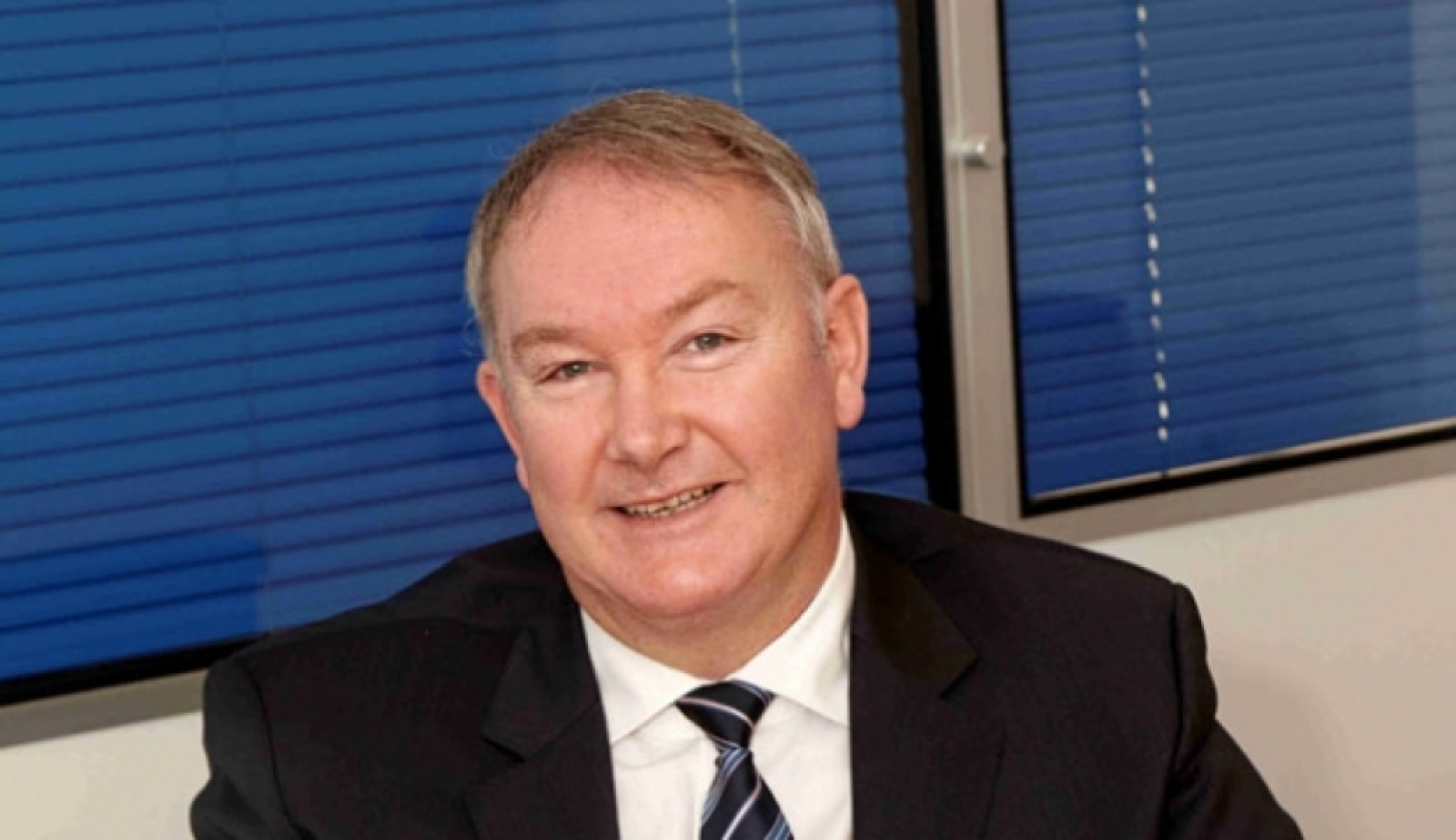Mark Evans, managing director of Wolverhampton based R&D Tax Claims Ltd, comments on the recent OECD Report on R&D spend in the West Midlands region and questions if it offers a true picture.
According to a new report byThe Organisation for Economic Co-operation and Development (OECD), more than £1.46 billion was spent on R&D (research and development) in the West Midlands region in 2012, an increase of more than £200 million, following increasing automotive and aerospace investment.
The report states that a fall in investment in UK pharmaceuticals caused the UKÂs total R&D spend to drop four per cent in constant prices from a year earlier, to £17.1 billion, the first fall since the recession.
According to the report, investment in R&D in the West Midlands remains significantly behind the south east, at £4.1bn; the east, at £3.5bn, and north west, at £1.8bn.
However Mark Evans, managing director of Wolverhampton based R&D Tax Claims Ltd, is not convinced that the report gives a clear picture of R&D involvement within West Midlands based companies.
ÂThe report states that there are 14,000 people employed in R&D in the West MidlandsÂ, says Mark. ÂI have no reason to believe the OECD statistics arenÂt correct, but IÂm not sure that itÂs a true reflection of R&D practice within the region. The job of R&D Tax Claims is to help companies identify if what they do can be considered to be R&D and therefore qualify for a tax credit. Many of the companies we visit are not aware that what they do is R&D until we prove it to them with a diagnostic report  theyÂre eitherÂproblem solvingÂ, Âtrying something outÂ, or just Âdoing what theyÂve always done while spending thousands of pounds on it.
ÂMany of our clients simply donÂt believe that what they do qualifies as R&D, which is why tens of thousands of pounds a year goes unclaimedÂ, says Mark. ÂThe Black Country, Birmingham and the West Midlands region as a whole is culturally reticent to adopt what they sometimes consider as grand terms like research and development. They simply get on with the job, and if it doesnÂt work, they keep on trying until it does. But many of them donÂt realise that even Âfailed R&D can count - If a prototype or explorative project doesnÂt come to fruition, it could still be considered for a tax credit, so bosses shouldnÂt be put off tryingÂ, he says. ÂThe introduction of the Patent Box R&D tax relief by the Government in April of this year is an added incentive to make a claim, as this relief is in addition to, not instead of, the existing R&D tax relief available.Â
ÂAround 150,000 eligible UK SMEs could benefit from the scheme but less than 10,000 make a claimÂ, continues Mark. ÂThat means over 93 per cent are missing out because theyÂre not aware that they qualify.ItÂs getting businesses that are actually involved in what the Government and HMRC class as R&D to understand that itÂs not about university laboratories and large scale enterprises making their own products. Many of our clients are SMEs supporting a growing automotive and aerospace supply chain and without their endeavours and persistence throughout the last five years, we wouldnÂt be witnessing such a significant economic upturn now.
ÂAnother obstacle we find repeatedly is that many companies think that the R&D tax reclaim scheme is just for high-tech companies, but it also covers businesses that develop new products or introduce new and improved processes or work in niche markets, and this can encompass engineering, software, electronics, pharmaceutical and communication systems as well as manufacturing. The OECD report clearly highlights the importance of R&D in the pharmaceutical sector.
ÂThe OECD report states that ÂAerospace R&D rose by £42 million, even though the sector is not the regionÂs main strength. This is also misleading - the West Midlands is a multi-faceted sector and many of the UKÂs leading aerospace companies are based in Wolverhampton.
ÂThe UK has one of the most generous R&D tax credit schemes, which is why other manufacturing powers such as Germany are beginning to make noisesÂ, concludes Mark. £6bn a year in tax credits is available to be reclaimed by UK SME companies and weÂre on a mission to ensure that they do.Â











